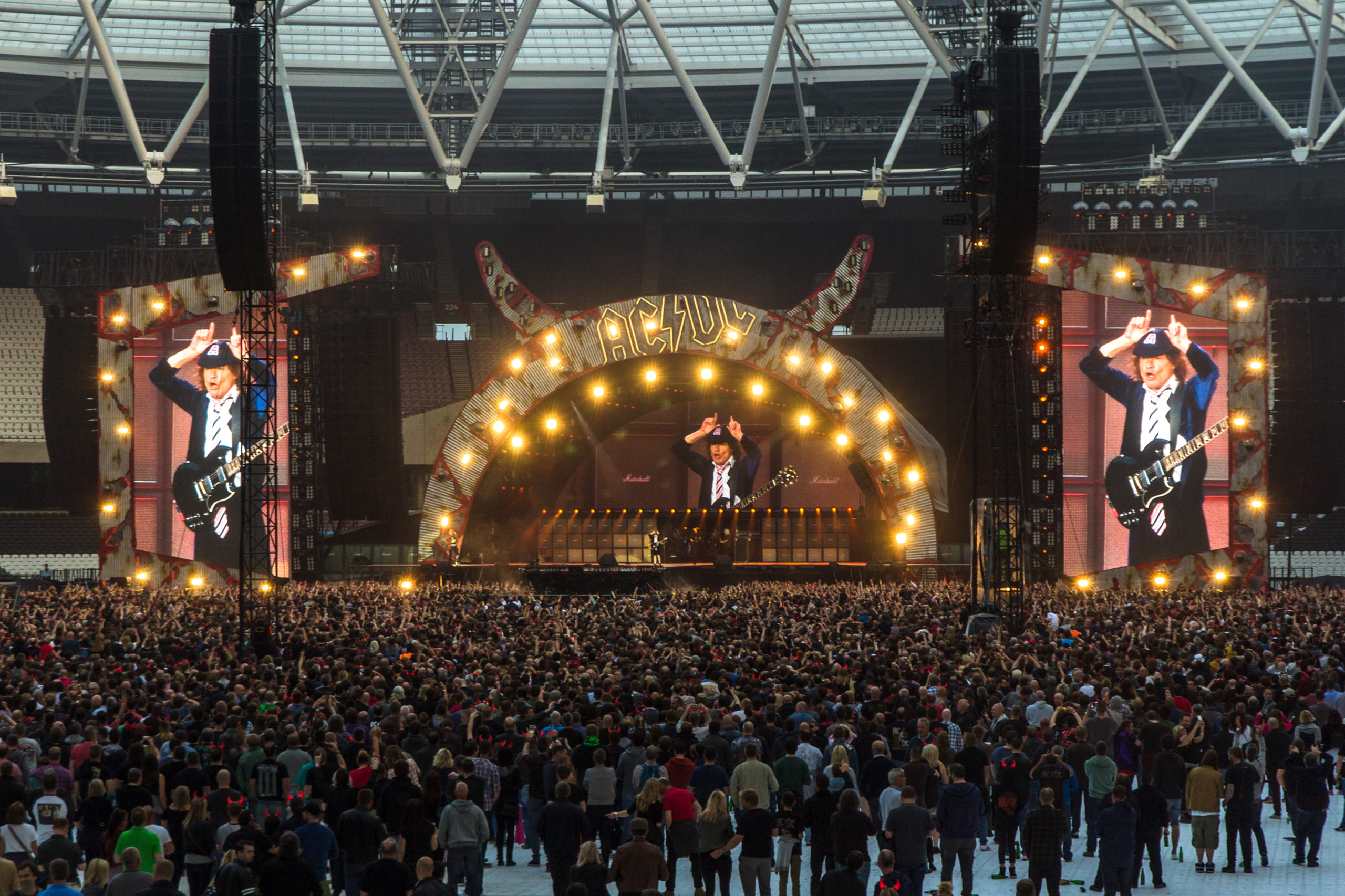When the house lights dimmed at Gillette Stadium on May 4, fans expected to be blown away by guitar riffs—not flying fists. But somewhere between the opening chords and the encore, AC/DC’s thunderous performance became the soundtrack to an unexpected side show.
Rock Show Becomes Fight Club
You know how concerts have that moment when everyone’s focused on the stage, and nobody’s paying attention to anything else? That’s exactly when an intoxicated man chose to repeatedly punch a woman in the head, according to reports from Alternative Nation.
After multiple failed attempts to stop the assault, the woman alerted security personnel. What happened next unfolded like a plot twist in an action movie. Rather than complying, the man took a swing at security—a decision about as smart as challenging a bouncer to an arm-wrestling match. Three police officers promptly tackled him to the ground.
The situation, already messier than a toddler with finger paints, escalated further when the man started another fight during his removal. What began as a simple ejection transformed into what witnesses described as a “massive brawl” involving multiple security team members.
The Show Must Go On (Despite the Drama)
Meanwhile, onstage, AC/DC’s performance continued at full volume—five decades of rock expertise on display while chaos simmered in the crowd. The band’s current lineup—featuring Brian Johnson’s vocals, Angus Young’s signature schoolboy-uniformed guitar work, Stevie Young on rhythm guitar, Matt Laug on drums, and Chris Chaney on bass—powered through their 21-song set without missing a beat.
This stop marked the fifth performance of their “Power Up” North American tour, the band’s first U.S. trek in nine years. Like an old car that somehow runs better with age, AC/DC continues drawing massive crowds despite personnel changes that would have sunk lesser bands.
Security Questions Take Center Stage
Finding trouble in a packed stadium presents challenges even with modern security measures. Stadium security typically excels at entry screenings and perimeter control, but detecting individual conflicts within dense crowds remains difficult despite technological advances.
At publication time, neither Gillette Stadium nor tour promoters have issued public statements addressing the incident. Local police reports about the arrest have not been made available to the press.
The situation raises concerns about concert safety that feel increasingly relevant in today’s landscape—especially coming just days after police thwarted a potential security threat at Lady Gaga’s massive free concert in Rio de Janeiro. How many punches should someone endure before help arrives? The answer, obviously, should be zero.
As the tour thunders forward, the question remains whether this incident will fade into concert lore or spark meaningful security changes. Either way, the band plays on—because in rock and roll, as in life, the show must go on.


























